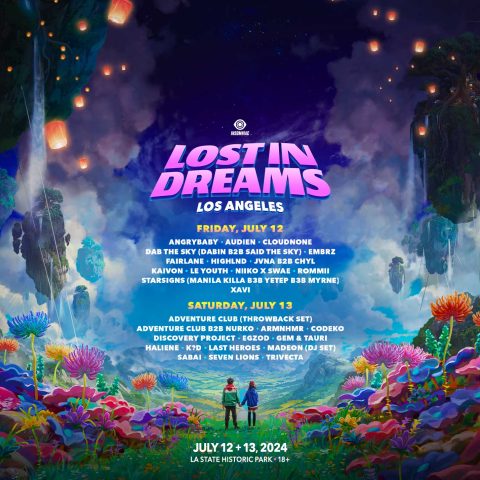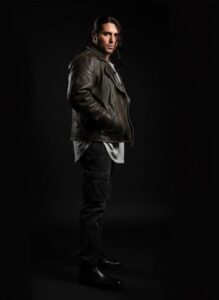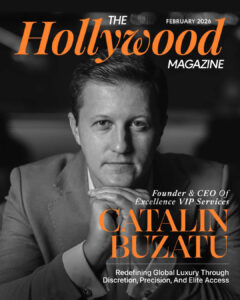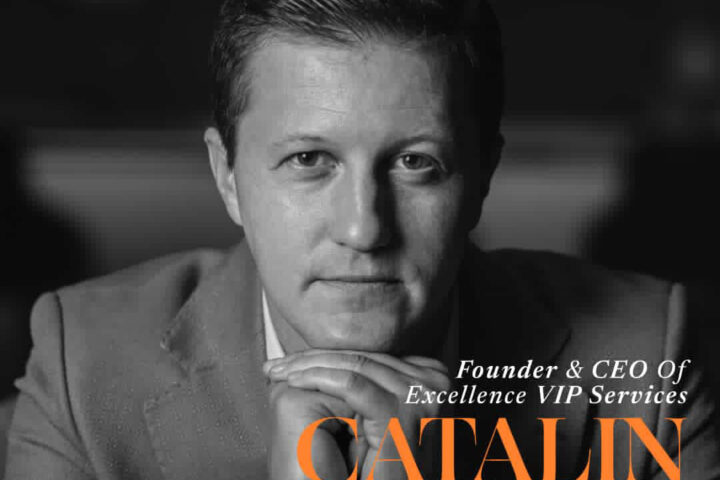Why Meant to Be by Dale Macdonald Is the Contemporary Novel You Didn’t Know You Needed

In an age of speed, screens, and surface-level storytelling, Dale Macdonald’s Meant to Be offers a refreshing and deeply human tale. It reflects the quiet complexities of adult relationships, midlife transitions, and the choices that shape our future. With graceful prose, relatable characters, and emotionally resonant themes, Dale’s novel doesn’t shout for attention. It earns it.
The plot takes place on British Columbia’s Sunshine Coast. It tells the story of Brad Webster, a successful magazine publisher on the cusp of retirement, as he faces the challenges of letting go, starting over, and re-evaluating what happiness truly means.
Dale has penned a thoughtful, mature, and realistic look at love—not the kind found in fairy tales, but the one that lives in everyday moments, decisions, and doubts.
A Story About More Than Romance
At its heart, Meant to Be is about love, but not just romantic love. It’s about the kind of love that is tested by time, ambition, age, and ideals. Brad’s relationship with Karen Lacey, an ambitious, stylish notary public, is sketched with tender realism. They’re both successful, deeply affectionate, and respectful of each other, but they’re also at odds over what they want for their futures.
Karen wants children and a commitment. Brad wants freedom and the solace of coastal life in Sechelt. Their impasse isn’t marked by melodrama but by the kind of emotional quiet that many readers will find hauntingly familiar.
Dale gives us a front-row seat to their journey, not through scandal but through divergence. As Brad sells his magazine and home to embrace a quieter life, Karen remains anchored to her professional world in Vancouver, caught between love and longing for a family. The emotional honesty with which their story progresses makes it not just a romance but a character study of how people grow in different directions.
Setting as a Character
One of Dale’s greatest strengths is his ability to breathe life into a place. The novel is steeped in the natural beauty of British Columbia, especially Sechelt and the surrounding Sunshine Coast. His descriptions are clear, lush, and transportive. Whether it’s a tranquil morning in Merida, Mexico, or a misty walk among towering coastal rainforests, the author animates settings with the same care he gives his characters.
For readers weary of urban chaos, Brad’s retreat into nature offers not only escapism but an invitation to reflect on the power of stillness, routine, and natural beauty. Sechelt becomes a symbol of Brad’s desire for renewal, a place where he can shed his past and reconnect with himself. But even paradise has its shadows.
A Richly Layered Protagonist
Brad Webster is not your typical lead. He’s no brooding billionaire, nor is he a man-child waiting for a woman to save him. He’s a flawed, thoughtful, self-aware man in his late 40s, facing the pull between emotional obligation and personal aspiration.
What makes Brad compelling is his realness. He’s successful but burnt out. He’s loving but guarded. He wrestles with guilt, loneliness, and the haunting question many mid-lifers face: “What if I don’t want what I’m supposed to want?” His resistance to remarrying and having more children isn’t framed as coldness but as a deeply human recognition of his limits. Dale doesn’t ask readers to agree with him. She simply asks us to understand him.
And understand him, we do.
Beyond the Romance
In addition to the central love story, Meant to Be features well-developed subplots that enrich the narrative without distracting from it. A brief but intense legal entanglement involving a violent man from Brad’s past, Leonard Mason, adds tension and stakes, reminding us that the past often trails behind us. Meanwhile, scenes with Brad’s adult children, especially his daughter Marie, illuminate the dynamics of family, aging, and legacy.
Then there are the quiet, almost poetic interludes during Brad and Karen’s trip to Merida, Mexico. Their chance encounters with two local children, Tomás and Maria, add heart and reflect Karen’s maternal longing, bringing unspoken tensions to the surface in a way that’s tender, not forced.
These moments take the book from a mere love story to a meditation on time, compassion, and what we leave behind.
Emotional Truth Without Sentimentality
What sets Dale apart from many in the genre is his refusal to sensationalize. There are no grand gestures or contrived drama. Instead, the book builds its power quietly, moment by moment, like a rising tide. The dialogue feels lived-in. Conflicts feel earned. And when heartbreak arrives, it doesn’t slam the reader. It settles in, like the realization of a goodbye that had long been coming.
In doing so, Dale shows the subtle ways people fall apart—not through betrayal or disaster but through time, silence, and diverging dreams. It’s the kind of heartbreak that readers will carry long after the last page.
Who Should Read Meant to Be?
Fans of Nicholas Sparks, Anne Tyler, or Elizabeth Strout will find a familiar tone in Dale’s introspective storytelling. Readers in their 40s and beyond will connect with the themes of starting over, aging, and handling long-term relationships.
Those who appreciate character-driven fiction, where introspection matters as much as plot, will find rich rewards here. Anyone seeking a story that reflects real-life dilemmas honestly and sensitively will walk away deeply satisfied.
Book for the Quiet Moments
In a publishing landscape often dominated by high-concept thrillers or fantasy epics, Meant to Be is a book that dares to slow down. It invites the reader to do the same—to consider, to feel, and to reflect. It’s the kind of novel you read on a quiet afternoon, coffee in hand, rain at the window. It’s for those who understand that sometimes, the most dramatic battles take place in our hearts and homes, not on battlefields.
Takeaway
Dale’s Meant to Be is a beautifully written, emotionally intelligent novel that reminds us that love is not always enough, but understanding might be. With deft storytelling, memorable characters, and a deep emotional core, it earns its place on any reader’s shelf.
Ready to experience a story that feels both timeless and timely?
Pick up your copy of Meant to Be by Dale Macdonald today and experience what happens when life offers you a second chance—at the cost of your first love.




















